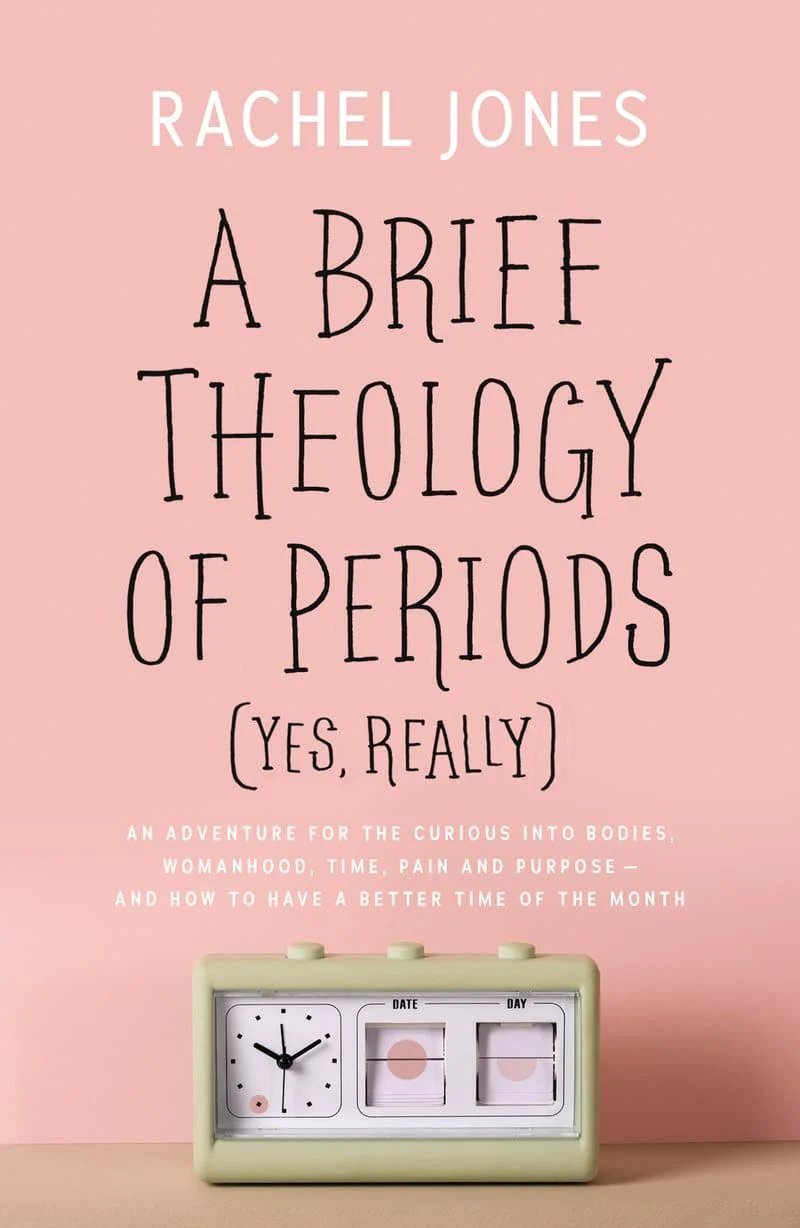This year I’m sharing Christian books, fiction, and a podcast. I am aware this selection might seem a little “female-focussed.” However, there are some great offerings here—relevant to all readers!
The Art of Rest by Adam Mabry
This short, helpful book has two overarching themes – rest is a gift (from God, given for very good reasons) and rest is an art (there is no one way to rest, so find ways that suit you). Mabry explores how rest allows remembering, enables us to resist the world’s traps, and restores relationships. This will prompt thought and encouragement, and hopefully a desire to rest in ways that refresh and enable us to grow and thrive.
Finding Grace in the Face of Dementia by John Dunlop, MD
A compassionate book that calls us to honour God “in and through the tragedy of dementia.” Dunlop asserts all people are made in the image of God and have inherent worth, so we respect their dignity and meet care requirements well. He explains medical facts, and the experience for the person with dementia and their caregivers. This openly Christian book offers hope and solace to those who already cling to the promises of God. It could be given to every household in our churches with a dementia diagnosis, to begin the process of support, and recognise the challenges that lie ahead.
This openly Christian book offers hope and solace to those who already cling to the promises of God.
Is it Abuse? by Darby Strickland
A sad book. While excellent, Christ-centred, and extremely helpful, it is only because of deep sinfulness that it exists. Strickland explores the wide-ranging impacts of physical, sexual, emotional, spiritual, and financial abuse. There is guidance for helpers, inventories to assess severity, a safety plan, and tips for educating your church. Strickland longs for women to experience freedom in Christ and to know God’s love for the mistreated. Highly recommended for all in church leadership and pastoral care, as well as those walking alongside women in abusive situations.
A Brief Theology of Periods (Yes, really!) by Rachel Jones
On a rarely discussed topic that impacts so much of women’s lives—adjusting to the onset of menarche; the reality of tracking a cycle for ~40 years; the relief or sadness that accompanies menopause. She considers the goodness of the created female body, the reality of pain and suffering, the shame women feel, how emotions affect us, and the reminder of our mortality. Yet, Jesus remains relevant in the messiness of life. Jones hits the right balance of theology, honesty, humour, and challenge. It has obvious relevance for women, but all of us should long to understand other’s lives, with a God-honouring framework that encourages and challenges.

A Brief Theology of Parents (Yes, really)
Rachel Jones
The average woman has 500 periods in her lifetime. And whether yours are mildly annoying, utterly debilitating or emotionally complicated, most of us have at one time or another asked: Why?!
This warm, light-hearted, real, honest and at times surprising book gives a biblical perspective on menstruation, as well as a whole lot more. Beginning with periods, Rachel Jones takes readers on an adventure in theology, weaving together wide-ranging reflections on the nature of our bodies, the passing of time, the purpose of pain, and the meaning of life.
One thing is for sure: you’ve never read a Christian book quite like this one.
The Good Girl’s Guide to Great Sex and The Good Guy’s Guide to Great Sex by Sheila Wray Gregoire & Dr Keith Gregoire
These two companion books consider sex through physical, spiritual, and relational lenses, with great sex framed as pleasurable, mutual, and intimate. Common challenges are frankly addressed, including orgasms, differing libidos, the influence of pornography, and the impact of unhelpful church teaching on lust and men’s needs. Written in a helpful, balanced tone, the Gregoires give hope for change and growth in a marriage that enjoys safe and secure sex. Christian but without an overall theological framework. While I recommend the books, I struggle with the tone of the authors’ website and have explained why here.
The Hawk and the Dove by Penelope Wilcock
This delightful fiction series of nine books focuses on the St Alcuin’s monastery community in 14th century Yorkshire. The men learn (by mistake and trial) how to live graciously with one another. Themes include the realities of disability, the need for loving palliative care, what true repentance and forgiveness can look like, and the impact of serious trauma and grief. There are expressions of God’s goodness and mercy, as well as despair at sin and failings. Written with skill, humour, and self-awareness.
Sensible Shoes series by Sharon Garlough Brown
This encouraging four-book series weaves a fictional story with spiritual practices and self-examination. Four women (aged 26-50) meet at a spiritual retreat and develop a deep friendship, sharing their various life, family, and ministry challenges. I found these books refreshing, and they fuelled a desire to deepen my relationship with God. Various spiritual practices are included (bible study, ways of praying or reflecting) for readers to engage with.
Project Hail Mary by Andy Weir
Another intelligent and creative offering from the author of The Martian. Ryland Grace wakes from a coma in a spaceship, with no knowledge of who he is. Through the slow retrieval of his memory, and by applying his extensive knowledge base, he realises he is the intended scientific solution to an extinction level event threatening Earth. Inventive, gripping fun that is full of science, maths, language, humour, and an understanding of how people work. I couldn’t put it down.
Should We Stay or Should We Go By Lionel Shriver
Thirty years ago, Kay and Cyril made a pact to die together when they were 80, to avoid the decline into old age and draining the public purse. But when the fateful day approaches, will they go through with it? Twelve scenarios follow, which vary from funny, wryly sad, and pleasantly utopian, to science fiction, and horrifically dystopian. Shriver has again captured humanity at its best, worst, and mundane. Should We Stay or Should We Go? has her usual searing and wide-ranging commentary—from healthcare, Brexit, Covid, and economic policy, to ageing, death, and care for the elderly.
The Rise and Fall of Mars Hill by Christianity Today
I came to this podcast late, aware that it had gathered attention. While the focus is Mars Hill and Mark Driscoll, producer Mike Cosper also explores church planting, mega-churches, the rise of personality, and changes in evangelicalism. Two driving questions are behind it: 1. Should people be raised to leadership who have great charisma but untested (or unproven) character? 2. How many concerns are we willing to excuse in Christian leaders when great fruit results from their ministry?
It’s a big commitment with over 24 hours of content. Listen with a humble willingness to learn rather than judge, and hear the challenge to question our hearts and motivations, considering what can be done well and badly under the banner “for the gospel.”















